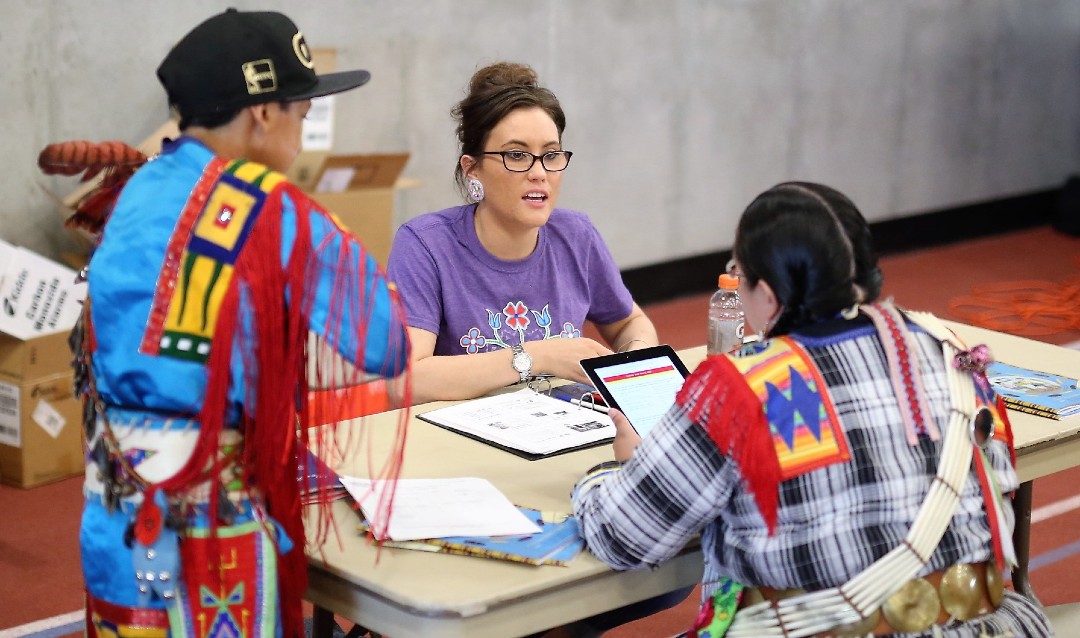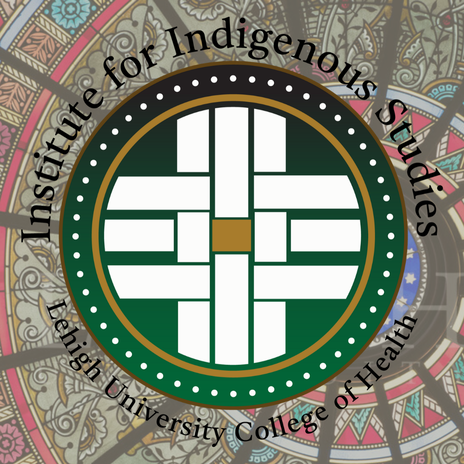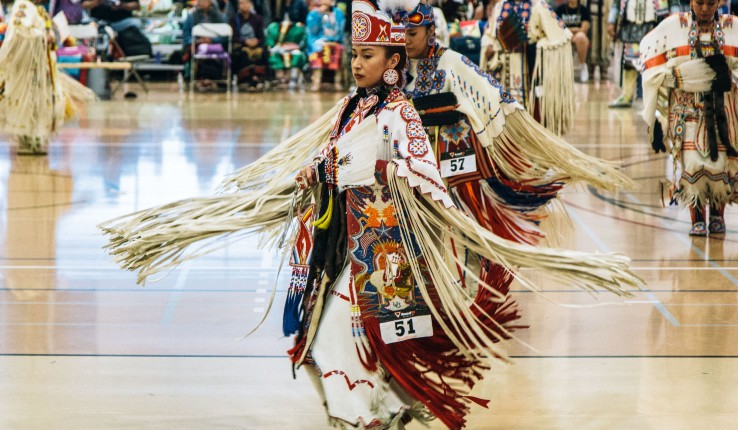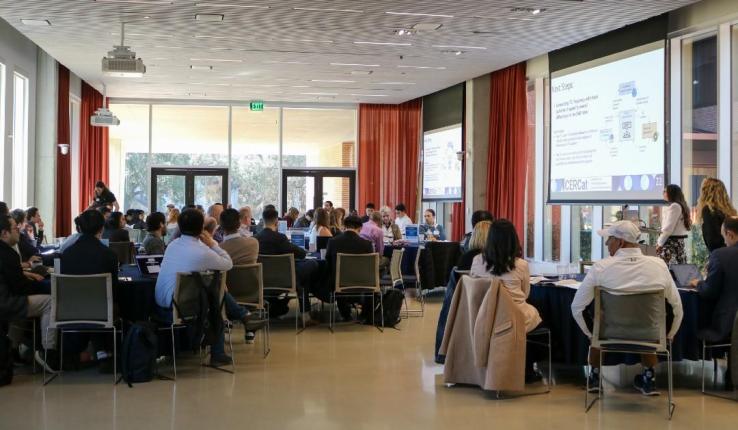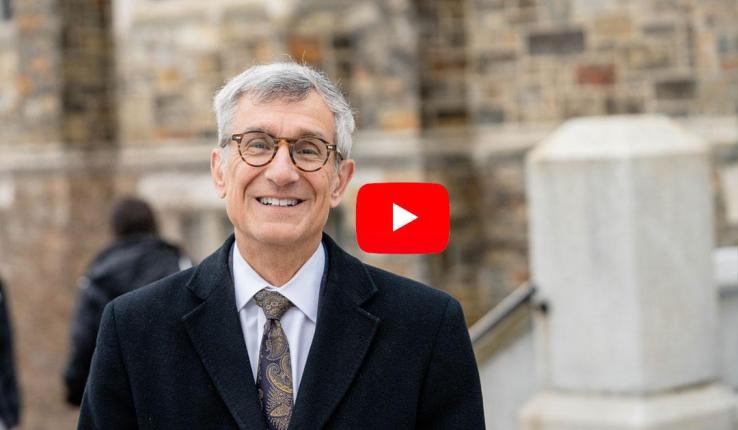“Our definition goes beyond the World Health Organization’s stance that health is a state of complete physical, mental, and social well-being,” says Sean Daley. “We add to their definition emotional, spiritual, community and environmental―both natural and built―aspects of health.”
“We believe that a community cannot be truly healthy until individuals in that community begin to take a leadership role in improving and maintaining health,” says Christine Makosky Daley. “This can only be accomplished when the educational attainment of the community is enhanced, and the true empowerment of community members occurs.”
The institute will merge two centers: the Center for American Indian Community Health (CAICH), founded and led by Christine Makosky Daley at the University of Kansas Medical Center in Kansas City, Kan., and the Center for American Indian Studies (CAIS), founded and led by Sean Daley at Johnson County Community College in Overland Park, Kan. The Institute for Indigenous Studies at Lehigh will build on the legacy of both centers, already well-known and well-respected in Indian Country. The Daleys bring almost 25 years of established working relationships with dozens of Indian communities.
“Community-engaged research in which–and, we hope, through which–our partner communities are empowered is an important part of our future at Lehigh,” said Alan Snyder, Lehigh’s vice president and associate provost for research and graduate studies. “Learning how to listen to, form bonds of trust with, and learn from, indigenous communities is an important step. And the holistic model of health is an example of recognizing the wisdom that these communities carry.”
Eight Research scientists who worked with the Daleys in Kansas have joined them at the Institute: Justin Begaye, MSW, MPA (Navajo); Ryan Goeckner, MA; Jordyn Gunville, MPH (Cheyenne River Sioux); River Gunville, BS (Cheyenne River Sioux); Jason Hale, MA (Prairie Band Potawatomi); Charley Lewis, MPH (Paiute/Navajo); Joseph Pacheco, MPH, ABD (Quechua); and, Luke Swimmer, MBA (Eastern Band Cherokee). In addition, Eduardo J. Gómez, associate professor and director of undergraduate programs at the College of Health, will join the Institute, bringing his expertise in health policy and a global focus.
“Lehigh's new Institute for Indigenous studies will be cutting-edge and vital for our efforts to better understand the multiple determinants of health among Native communities throughout the Americas,” says Gomez. “The Daleys’ alternative ‘holistic health approach’ is much needed, path-breaking, and will lead to never-before-explored areas of research collaboration, scholarship, and teaching experiences. I'm certainly honored to be a part of the new Institute.”
Among the varied research topics of the Institute will be a continuation and expansion of COVID-19 prevention efforts and a well-established smoking-cessation program.
Makosky Daley recently received an enhancement award to a Patient-Centered Outcomes Research Institute (PCORI)-funded grant focused on COVID-19 in Native communities. She and her collaborators are working on the development of COVID-19 educational materials for American Indian communities and translating them into at least 10 Native languages for distribution in the U.S., Bolivia, and Guatemala. Additional efforts include the creation of an on-line database resource for tracking policy responses among tribes throughout the U.S. as well as a survey to identify attitudes, beliefs, and behaviors surrounding COVID-19, infectious disease and pandemics, and trust in medical and public health professionals among Native populations.
The co-directors’ All Nations Breath of Life (ANBL), a culturally-appropriate smoking cessation program in existence since 2003, has a higher six-month quit rate than any other program for American Indians, according to Makosky Daley.
“Our program―proven efficacious in rigorous randomized controlled trials―is unique because it respects tobacco as a sacred plant while assisting recreational smokers with quitting,” she says.


